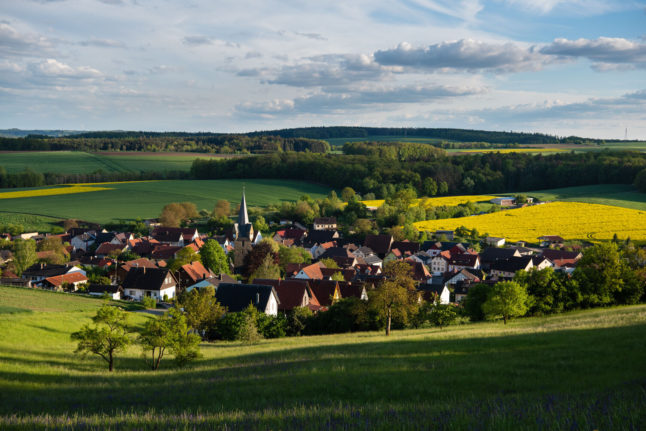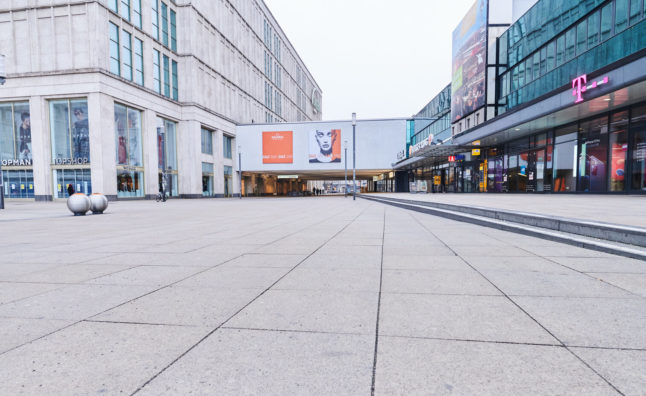Swedes are a very polite, considerate people. Even when it comes to stripping down to their birthday suit. They may be more liberal than many other nationalities, but there are rules of etiquette. Getting naked isn't always okay.
Dancing naked on TV with your friends while covering your privates with Swedish hard bread (knäckebröd) is acceptable. And of course you should always be naked in the sauna. But sometimes Swedes get in trouble with the law for being naked at home.
“If you use your home or apartment as a stage to pose naked for others to see there may be consequences,” Swedish Tenant Union lawyer Nyström said in magazine Hem & Hyra on Wednesday.
Nyström explained that sunbathing topless – or entirely naked – on your balcony should be okay, and having sex by a window is fine and dandy as long as the neighbours don't have a clear view in. But not being considerate of others may end you up in court. So Swedish 'lagom' is key.
Or as nudist Ronja told the magazine:
“Being naked is about freedom, and not conforming to others.”
But this type of freedom involves a few guidelines. So here we go…ten commandments of Swedish nude etiquette.

Photo: Bengt Nyman/Flickr

5. You shall never wear clothing in the sauna.

These rookies need to take off the towels. Photo: Henrik Montgomery/TT
You look like a total foreigner if you do. And during the winter you shall stay naked when you run into the snow and freezing water after sitting in the sauna.

But be respectful if you plan to sunbathe entirely naked, that's a bit trickier.

A 30-year-old man in western Sweden was seen several times playing around naked in his shower through an open window – but courts let it slide when he explained that the window was just for air. He didn't intend to make anyone uncomfortable.


Naked at home in bed with a partner is good. Very good. Photo: Shutterstock
This is healthy nakedness. Plus it has added benefits. “The practical thing about walking around naked is that it becomes more natural to have sex,” part-time nudist Ronja told magazine Hem & Hyra. “You don't have to wait until it's time for bed. You can take advantage of the situation when it's light out and you've still got energy.”







 Please whitelist us to continue reading.
Please whitelist us to continue reading.
Member comments